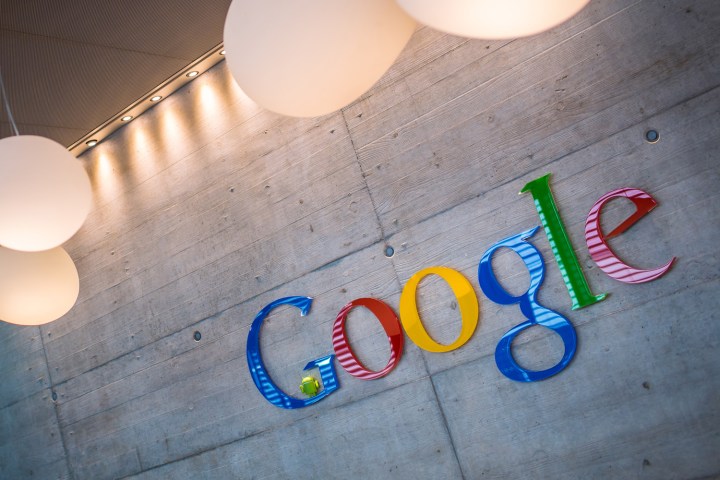
Back in 2014, the European Union ruled that Google must accept valid requests from people to hide pages that featured information deemed outdated, irrelevant, or “damaging” to them. In essence, it had to censor its search results, but only for European websites. Now, those rules are being expanded to affect all websites, and even other search engines.
Previously, only the EU versions of Google results had to delist search results (those that ended in .de, .fr, or .co.uk). Now, all websites are included in the mandate.
The decision comes as something as a surprise, as Google previously fought the sweeping request, saying last year that the over-application of the legislation was “a troubling development that risks serious chilling effects on the Web.” But threats of fines and sanctions appear to have worked their magic on the Silicon Valley firm, and now, the EU has emerged victorious.
In a blog post explaining the new protocol, Peter Fleischer, global privacy counsel at Google noted, “We’re changing our approach as a result of specific discussions that we’ve had with EU data protection regulators in recent months. We believe that this additional layer of delisting enables us to provide the enhanced protections that European regulators ask us for, while also upholding the rights of people in other countries to access lawfully published information.”
“Starting next week,” the post continues, “in addition to our existing practice, we will also use geolocation signals (like IP addresses) to restrict access to the delisted URL on all Google Search domains, including google.com, when accessed from the country of the person requesting the removal. We’ll apply the change retrospectively, to all delistings that we have already done under the European Court ruling.”
So what does that mean in practice? Essentially, if a URL is delisted in the U.K., users in that country would not be able to see that particular result no matter what Google Search domain they use (including Google.com). However, users outside of the U.K. would be able to see the results in any search on a non-European Google Search domain.
While Google doesn’t seem altogether in love with the new practice, Fleischer notes, “Since May 2014, we’ve worked hard to find the right balance as we implement the European Court’s ruling. Despite occasional disagreements, we’ve maintained a collaborative dialogue with data protection authorities throughout. We’re committed to continuing to work in this way.”
Editors' Recommendations
- This new Google Chrome feature may boost your search history
- WhatsApp backups may soon count against Google Drive storage
- Google is bringing Apple’s best headphone features to more products
- Google now wants you to scroll forever on its Search for mobile
- Sustainable with Google 2021: Nest Renew, traffic light efficiency, and more


